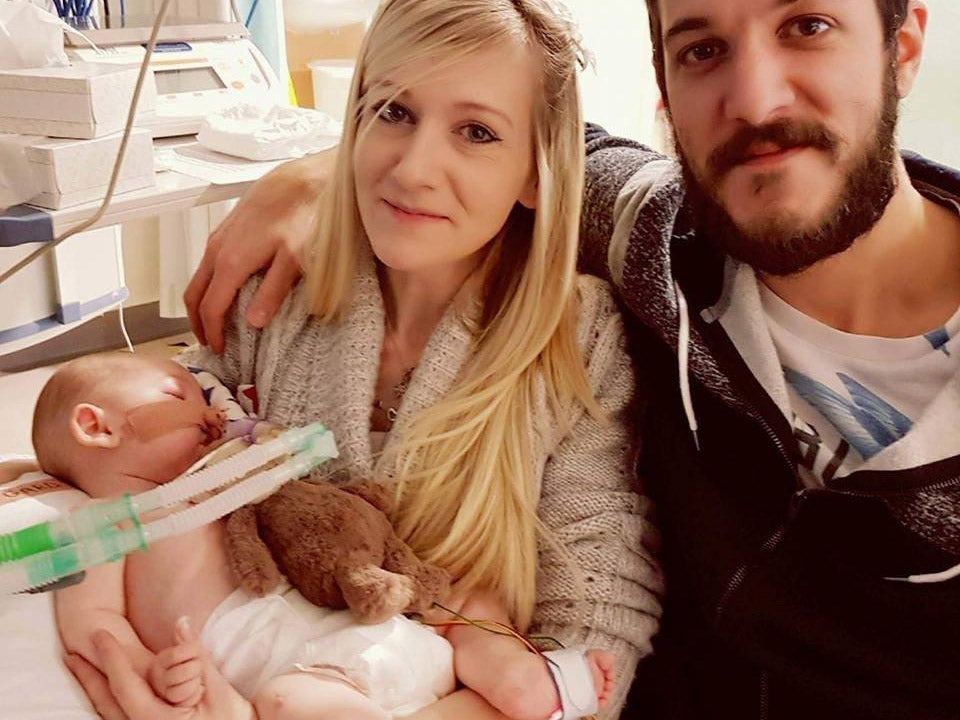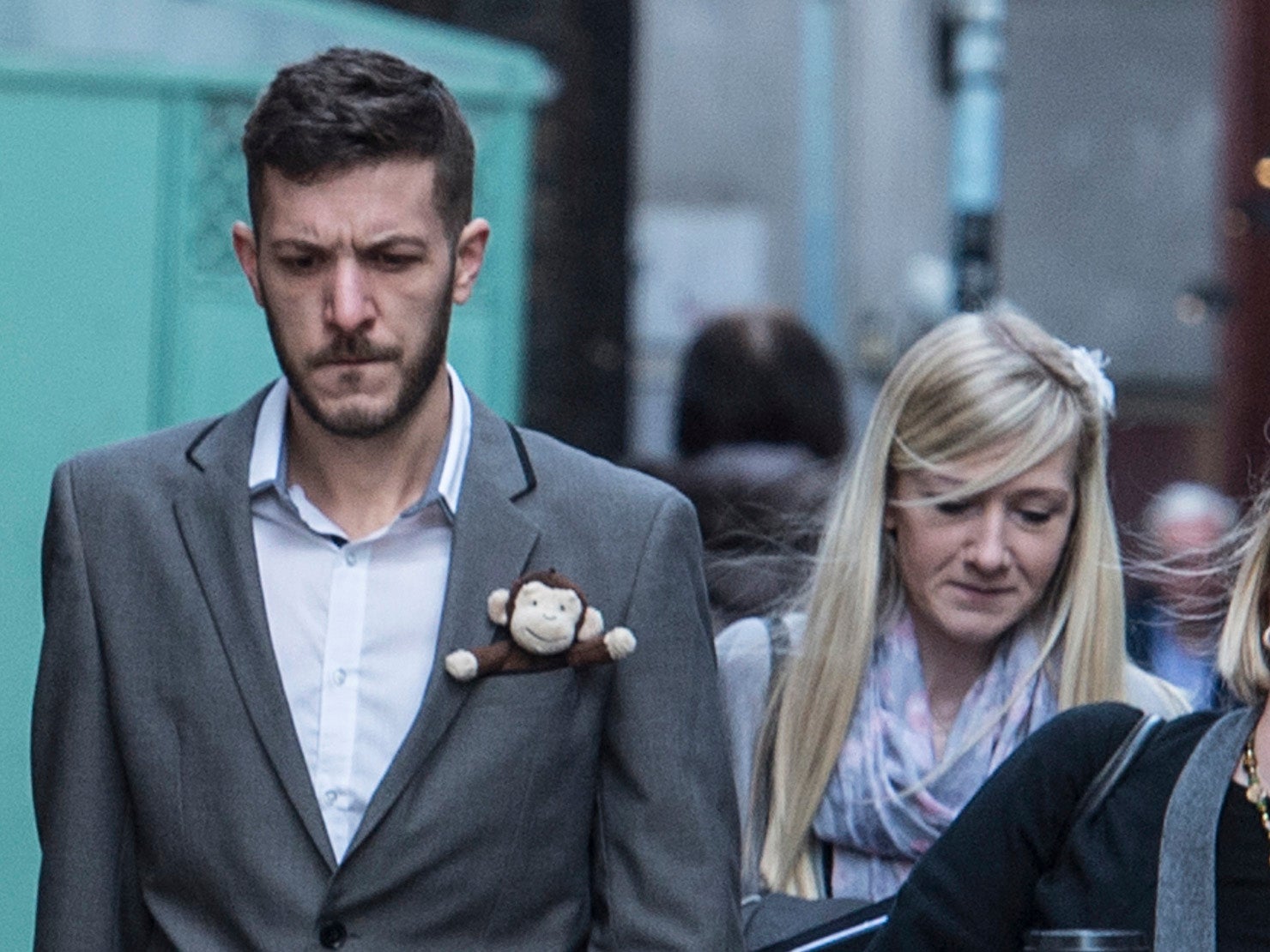Charlie Gard: Parents of baby with rare genetic condition plead with high court judge to ‘give him a chance’
Connie Yates and Chris Gard want to take their son to the US where they hope he can be treated

Your support helps us to tell the story
From reproductive rights to climate change to Big Tech, The Independent is on the ground when the story is developing. Whether it's investigating the financials of Elon Musk's pro-Trump PAC or producing our latest documentary, 'The A Word', which shines a light on the American women fighting for reproductive rights, we know how important it is to parse out the facts from the messaging.
At such a critical moment in US history, we need reporters on the ground. Your donation allows us to keep sending journalists to speak to both sides of the story.
The Independent is trusted by Americans across the entire political spectrum. And unlike many other quality news outlets, we choose not to lock Americans out of our reporting and analysis with paywalls. We believe quality journalism should be available to everyone, paid for by those who can afford it.
Your support makes all the difference.A baby boy suffering from a rare genetic condition “deserves a chance” to be taken to the US in a final attempt to save his life, his parents have said.
The parents of Charlie Gard pleaded with a High Court judge to overrule doctors who say it is time to stop providing life support to the eight-month old.
Doctors at Great Ormond Street Hospital in London say Charlie, who suffers from a rare genetic condition and has brain damage, should move to an end-of-life care regime.
But his parents Connie Yates and Chris Gard, both in their early thirties, disagree and want to be allowed to take him to a hospital in the US where they hope he can be treated.
“My son is the apple of my eye and I would do anything for him and I want to give him a chance,” Mr Gard, a postman from Bedfont in west London, told judge Nicholas Francis.
“He deserves a chance. It doesn’t mean he should have to die because he will not be like another little boy running around.”
Mr Justice Francis has been asked to decide what is in Charlie’s best interests in the High Court battle, which began on Monday and continues on Friday.

Charlie, who was born on 4 August 2016, has a form of mitochondrial disease, a condition that causes progressive muscle weakness.
A specialist from the children’s hospital said Charlie’s condition had “deteriorated hugely” since he came to the hospital.
“The disease has affected his brain to the extent that he is completely ventilator-dependent,” said the doctor. “This situation is not a tolerable one to leave a child in.”
Mr Gard and Ms Yates said Charlie experienced pleasure and was not in pain, and said he should get treatment to see whether his condition can be improved.
They have raised £1.2m through more than 34,000 donations by setting up a crowdfunding campaign to help take their son to the US.
Mr Gard said he believed a treatment trial proposed by US doctors could work, saying: “If there is no improvement we will let him go”.
Ms Yates also asked for Charlie to be “given the chance” to try the pioneering treatment. “If I thought for a moment that Charlie was in pain or suffering I would not fight for that life to be extended,” she said.
Mr Gard had given evidence with a toy monkey that belongs to Charlie protruding from the top pocket of his jacket.
“Mitochondrial depletion syndrome is very rare, Charlie is the 16th reported case with this condition worldwide. We believe that with your help we can save Charlie and others like him,” his parents wrote on their crowdfunding page.
“[Charlie] was born perfectly healthy but then he started to decline. We took him into hospital at eight weeks old and none of us have been anywhere near home since.
“We have been with Charlie day in, day out and watched our poor baby get weaker and weaker, he now needs a ventilator to breathe but we have never lost hope throughout all this time.”
The US doctor who would give Charlie experimental treatment has called the case “unchartered territory” and said the therapy would be “treatment but not a cure”, reported the BBC.
“Charlie may be able to interact,” he said. “To smile. To look at objects.”
Additional reporting from Press Association
Join our commenting forum
Join thought-provoking conversations, follow other Independent readers and see their replies
Comments